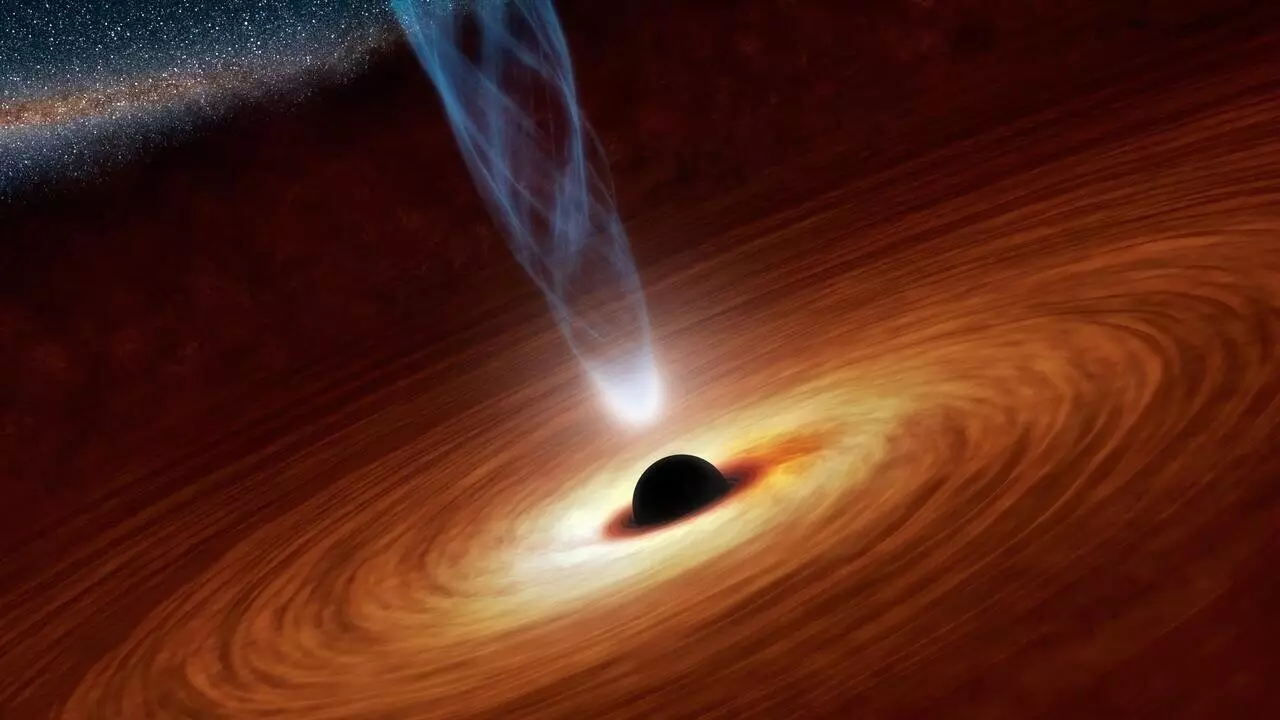For the past seven decades, the concept of “kugelblitze,” black holes formed by incredibly dense concentrations of light, has captured the imagination of astrophysicists. The idea that these unique black holes could be connected to phenomena like dark matter and potentially serve as the power source for future spaceship engines has been a subject of speculation. However, a recent study conducted by a team of researchers from the University of Waterloo and Universidad Complutense de Madrid has shattered this theory. The research, titled “No black holes from light,” challenges the existence of kugelblitze in our current universe.
One of the key findings of the study was the consideration of quantum effects in the formation of black holes from light. Unlike traditional black holes formed by the collapse of matter under gravity, kugelblitze would require a concentration of light that is tens of orders of magnitude greater than what is observed in quasars, the brightest objects in the universe. By building a mathematical model that incorporates quantum effects, the researchers demonstrated that the spontaneous creation of particles, such as electron-positron pairs, would occur before the necessary intensity of light could be achieved.
While replicating the conditions required for the formation of kugelblitze on Earth is currently impossible due to technological limitations, the researchers are confident in the accuracy of their predictions. Drawing parallels to positron emission tomography (PET) scans, which rely on similar scientific principles, the team’s results are rooted in well-established mathematical and scientific concepts. The phenomenon of vacuum polarization and the Schwinger effect play a crucial role in preventing the creation of black holes from light.
Although the impossibility of kugelblitze may come as a disappointment to astrophysicists, the study marks an important milestone in fundamental physics research. The collaboration between applied mathematics, the Perimeter Institute, and the Institute for Quantum Computing at Waterloo has paved the way for groundbreaking discoveries that may not have immediate practical applications but set the stage for future technological innovations. By exploring the limits of our current understanding of the universe, researchers are laying the foundation for advancements that may benefit future generations.
The research on the impossibility of kugelblitze challenges long-held theories and opens up new avenues for exploration in theoretical physics. By incorporating quantum effects and mathematical modeling, the study provides valuable insights into the fundamental principles that govern the universe. While the concept of kugelblitze may no longer hold true, the knowledge gained from this research will undoubtedly contribute to the advancement of our understanding of the cosmos.


Leave a Reply